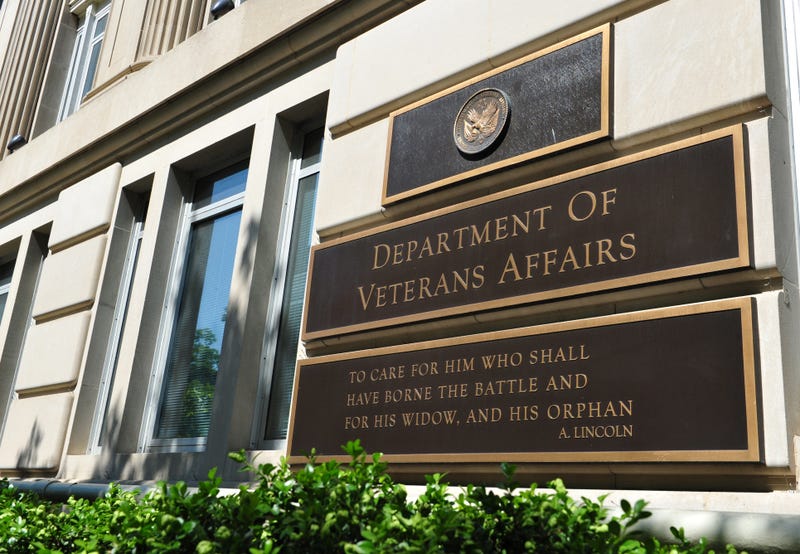
The day before a VA doctor and whistleblower was set to testify before Congress, she received a notice from VA leaders -- they were beginning the process to fire her.
Dr. Minu Aghevli manages an opioid treatment program at the VA hospital in Baltimore. She’s spent her entire 20-year career at Department of Veterans Affairs health care system.
But when VA management told Aghevli that the waitlist for opioid treatment was too long and allegedly asked her to remove veterans by scheduling “fake appointments” for them in an “imaginary clinic,” she said she blew the whistle.
After five years of being harassed and retaliated against, Aghevli was set to testify before Congress Tuesday about the continued retribution sought by VA management against whistleblowers like her. The day before the hearing, the VA sent her a notice -- she was being terminated.
House Veterans Affairs Committee subpanel on Oversight and Investigations Chairman Rep. Chris Pappas, D-N.H., called the notice “suspicious at best” and “at worst, reeks of retaliation.”
“We can’t allow employees who come forward with important information to be intimidated,” he said.
Several other VA employees attended the hearing to tell Congress -- sometimes with tears in their eyes -- about continued retaliation and how measures to prevent it have not been effective, including a systemic culture of “not airing our dirty laundry” throughout the Veterans Health Administration.
Dr. Katherine Mitchell, one of the doctors who in 2014 first shone a light on extensive wait times for veterans at the Phoenix VA Healthcare System, said the VA has used her as a “whistleblower success story” but she has faced 10 years of retribution for her past and continued efforts.
“Nothing could be further from the truth and I’m here to set the record straight today,” she said. “VA administrators still continue to retaliate,” and are now “much more skilled” at retribution in the form of limited job opportunities and leadership undermining her credibility.
Mitchell said she became a whistleblower because there were “no other avenues to keep veterans from dying.”
“The way the VA is allowed to retaliate, it has a terrible effect on veterans,” Aghevli said. “I have taken care of some of my patients for 20 years. I see some of them every day. They are like my family. It has broken my heart not to see them. Sometimes I am one of the most stable people in their lives, so when I disappear, it affects them.”
The whistleblowers at Tuesday’s hearing reported that the retaliation against them and others can lead to depression, post-traumatic stress and even suicide because it threatens reputation, credibility and livelihoods.
“I would have successfully committed suicide because retaliation is so severe,” Mitchell revealed. “I don’t say that to shock you. This is at a level you can’t imagine. It is destructive to everyone and it is dangerous to veterans.”
Aghevli said she believes her termination notice is meant to have a chilling effect on other whistleblowers.
“I feel like I’m being used as a threat against employees who may speak up about patient concerns,” she said. “I don’t want to be a pawn.”
Though President Donald Trump in 2017 signed into law a whistleblower protection act which established the Office of Accountability and Whistleblower Protection at the VA, whistleblowers at the hearing said they had sought help there and at the Office of Special Counsel, but to no avail. Those offices are often understaffed, underfunded, face backlogs of thousands of cases, among other issues.
“Veterans are dying by suicide, benefits take years to adjudicate while money is misspent, mismanaged and stolen,” said Jackie Garrick, founder of Whistleblowers for America, adding that meanwhile whistleblowers who try to report problems “risk having their careers killed and their lives threatened. That’s unfair.”
There are two types of VA administrators, said Mitchell, who has worked for VA for 30 years.“Those who wield power unethically and retaliate, and those who wield power ethically, but don’t have the power to stop it,” she said. “The culture of leadership has been malignant, even (back) in 1989.”
